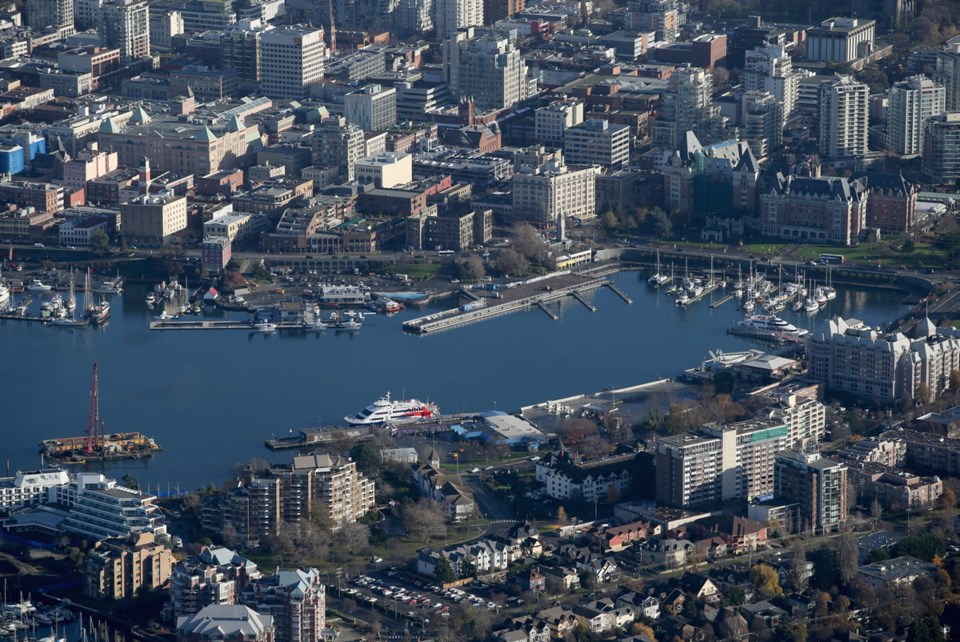We face risk every day, aware of it or not. Some risk we can manage or mitigate by acting intelligently and wearing safety goggles and seatbelts, or using a ladder instead of a chair to change a high lightbulb.
Some risk we can choose to avoid, by not flying in planes, skydiving, or getting blind drunk.
And some risks we accept, even if we are not directly or consciously aware of them. Like walking under a falling branch, getting hit by a meteor, or having a genetic time bomb in our cells.
Regrettably, some of us blithely ignore risks and continue to smoke, sit on the couch, and not wear safety goggles.
Most of these risk decisions have some form of cost/benefit analysis associated with them. And how we perform those calculations will depend on how we individually or communally weigh the various components of the risk, and value the outcomes. And often, we rely on the others in our lives to make or simplify those decisions, because there are not enough hours in the day to become expert at everything we touch upon.
The thing is, their weighting and values are going to be different, and in the case of “experts” likely be more specific than the average persons. And experts need enough accurate data upon which to formulate a calculation.
Politicians probably have another set of values. We need a few more polymaths and an education system that encourages and fosters that.
In the case of our current situation, stepping back a bit from the fear of what is actually incompletely known (we do not have enough good data), the hyperbole, and wanting to be seen to be doing something, it is apparent that we are out of balance.
The actual measureable and foreseeable costs in the resources, lost careers, savings, educations, aid, lives, increasing isolation, etc., of what we are doing outstrip the realizable benefits of lengthening a number of lives, else we should abandon the calculation and act to lengthen all lives. Which is utterly impossible.
We have finite resources, we know that, and we must act accordingly. By overcommitting our efforts to one thing, we must by necessity take from something else, and who among us wants to make those calculations and cost /benefit analyses?
Let us retract a bit to more practical, less draconian measures lest we drain ourselves and our lives and have not enough left over to deal with whatever else we need to deal with. Wash your hands, live a healthy lifestyle, and hug your friends and family often.
Brad Cunnin
Victoria
Send us your letters
• Email: [email protected]
• Mail: Letters to the editor, Times Colonist, 2621 Douglas St., Victoria, B.C. V8T 4M2.
Letters should be no longer than 250 words and may be edited for length, legality or clarity. Include your full name, address and telephone number. Copyright of letters or other material accepted for publication remains with the author, but the publisher and its licensees may freely reproduce them in print, electronic and other forms.



